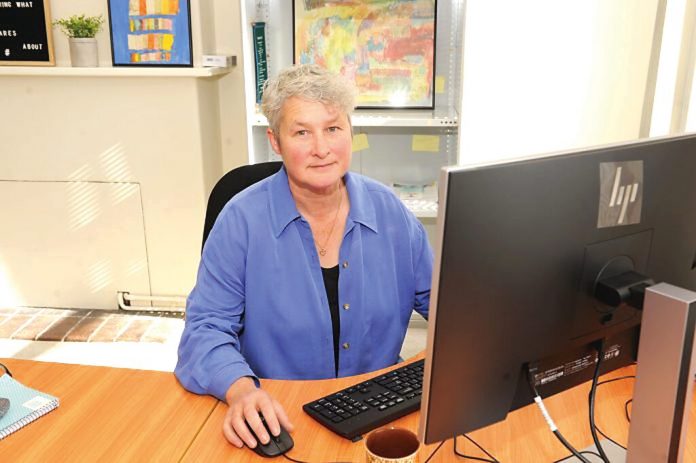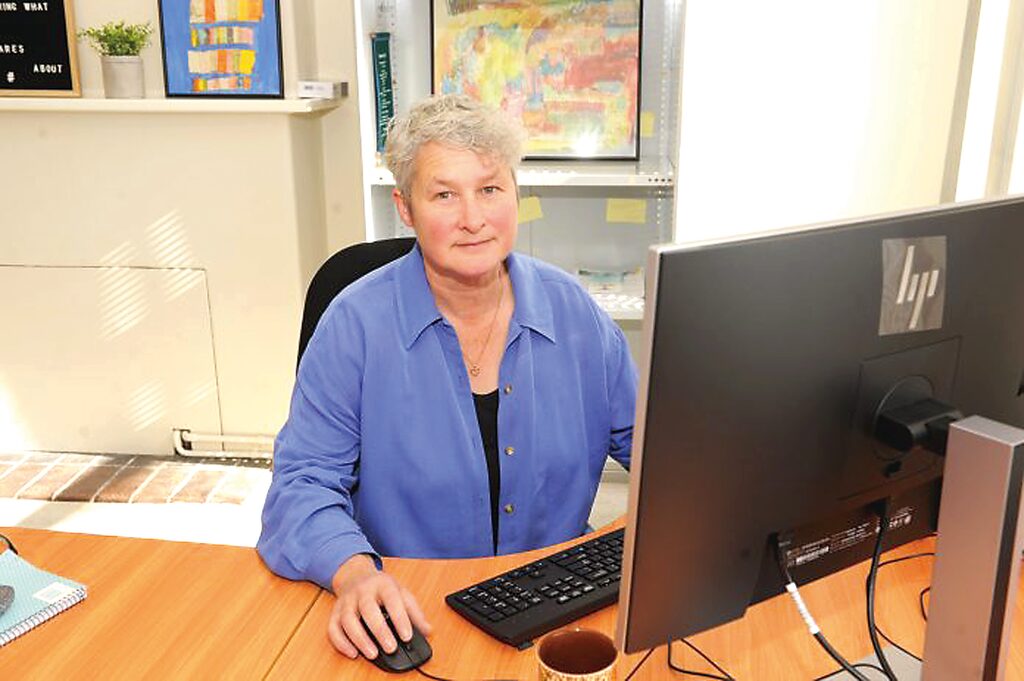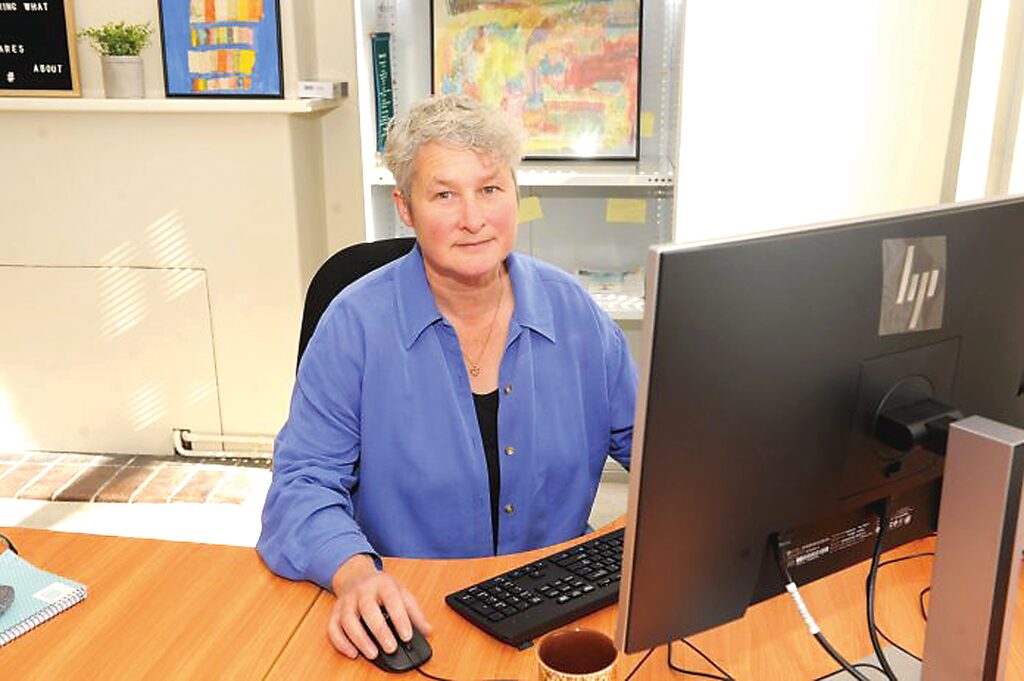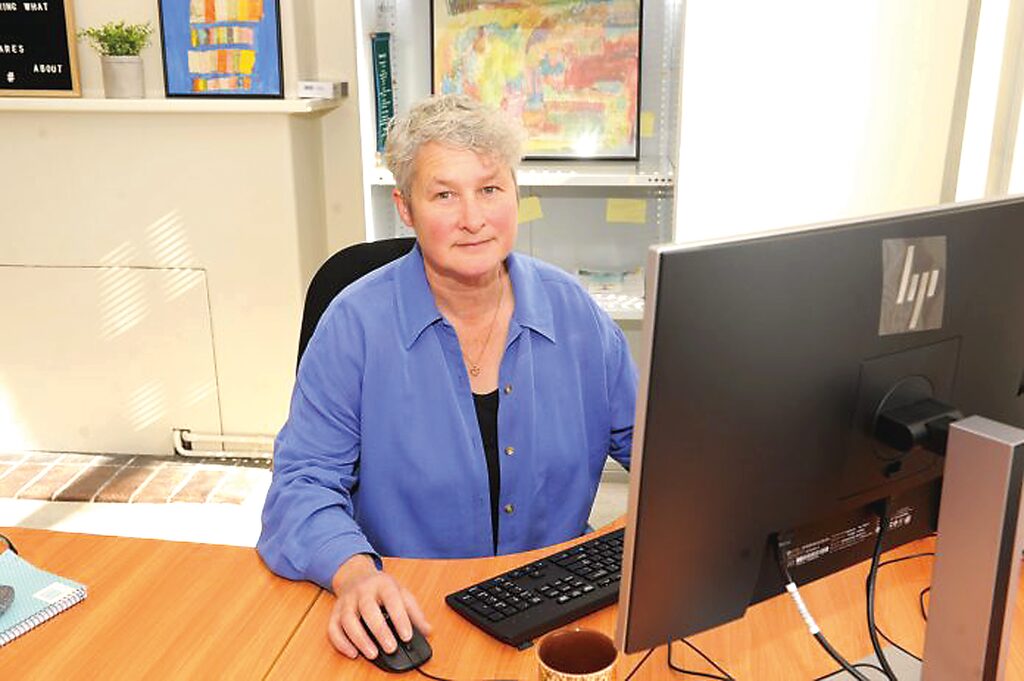
ZAIDA GLIBANOVIC
By ZAIDA GLIBANOVIC
ACCESS to health services was the primary concern for the community, the Latrobe Health Advocate found in her quarterly report for April to June 2023. The role of the Advocate is to provide independent advice to the Victorian government on behalf of Latrobe Valley communities on system and policy issues affecting the region’s health and wellbeing. Jane Anderson, first appointed as the Latrobe Health Advocate by the Minister of Health in May 2018, was reappointed in 2021. The findings of the report released this month found that the primary concern from the community was access to services, which made up 41 per cent of community consultation. The main issue came from a lack of knowing the services available, shortage of reliable and skilled National Disability Insurance Scheme (NDIS) staff, and a lack of inclusive, trans-affirming health services. The Advocate has contacted Gippsland Primary Health Network (GPHN) to coordinate with Trans Gender Victoria (TGV) and discuss the need of a trans-affirming health practitioners recognised by AUSPATH (Australian Professional Association for Trans Health). Those suffering from chronic illness and disabilities raised their concerns regarding wait times for podiatry services. This issue is being addressed by the Latrobe Community Health Service (LCHS), which has recruited another podiatrist through a partnership with Latrobe Regional Hospital (LRH) and the establishment of a high-risk foot clinic. The report also found that promoting community services remains a challenge. Low levels of digital literacy, online anxiety, quick turnover of GPs, and a lack of promotion in community-wide outlets, were all mentioned as contributing factors to the problem. Living in a safe environment was the focus of 17 per cent of community conversations; these conversations concentrated on issues of asbestos management and family violence rates that are among the highest rates in Victoria. In addition, improving mental health was the focus of 14 per cent of community conversations. Many gaps to mental health services in Latrobe Valley were identified. The report found the community sees a need for increased access to community-based mental health supports, especially for people with autism. The report also found that frequent changes to public transport timetables were having an impact on peoples’ mental health an anxiety levels. Ms Anderson said she was delighted to present the Advocates quarterly update. “Over these months, the Latrobe Health Advocate office has been steadfastly committed to enhancing access to services, fostering a safe environment, prioritising mental health and, tackling the social determinants of health in the Latrobe community,” she said. “During this quarter I have seen several systems changes that can provide opportunities for better mental models, better policy, better relationships, better services, better support, and integration of community voice. “Shared problem solving is becoming much more common in Latrobe. The partnerships of local public and private hospitals to grow palliative care services, the sharing of resources between the local public hospital and the community health service to increase and improve the provision of podiatry services and the engagement of community members in community led integrated health care models all demonstrate that new ways of operating are being embraced.” The report also highlighted many actions taken by health providers and government health agencies to combat the issues discussed. This included better services, such as how Latrobe Regional Hospital (LRH) has reformed discharge planning to address the multiple readmissions of former patients receiving mental health services. This was alongside the better support for services, as the Priority Primary Care Centre (PPCC) at Moe had been successfully diverting 10-15 patients a day who would have ended up in the LRH Emergency Department. Data from the Gippsland Public Health Network (GPHN) indicates that the PPCC is attracting 300 presentations per week and easing the demand put on emergency rooms. The role of the Advocate is a key mechanism of the Latrobe Health Innovation Zone, which is designed to give voice to community aspirations in the planning and delivering of better health and wellbeing outcomes, and where a process of co-design with individuals and organisations is actively encouraged.












